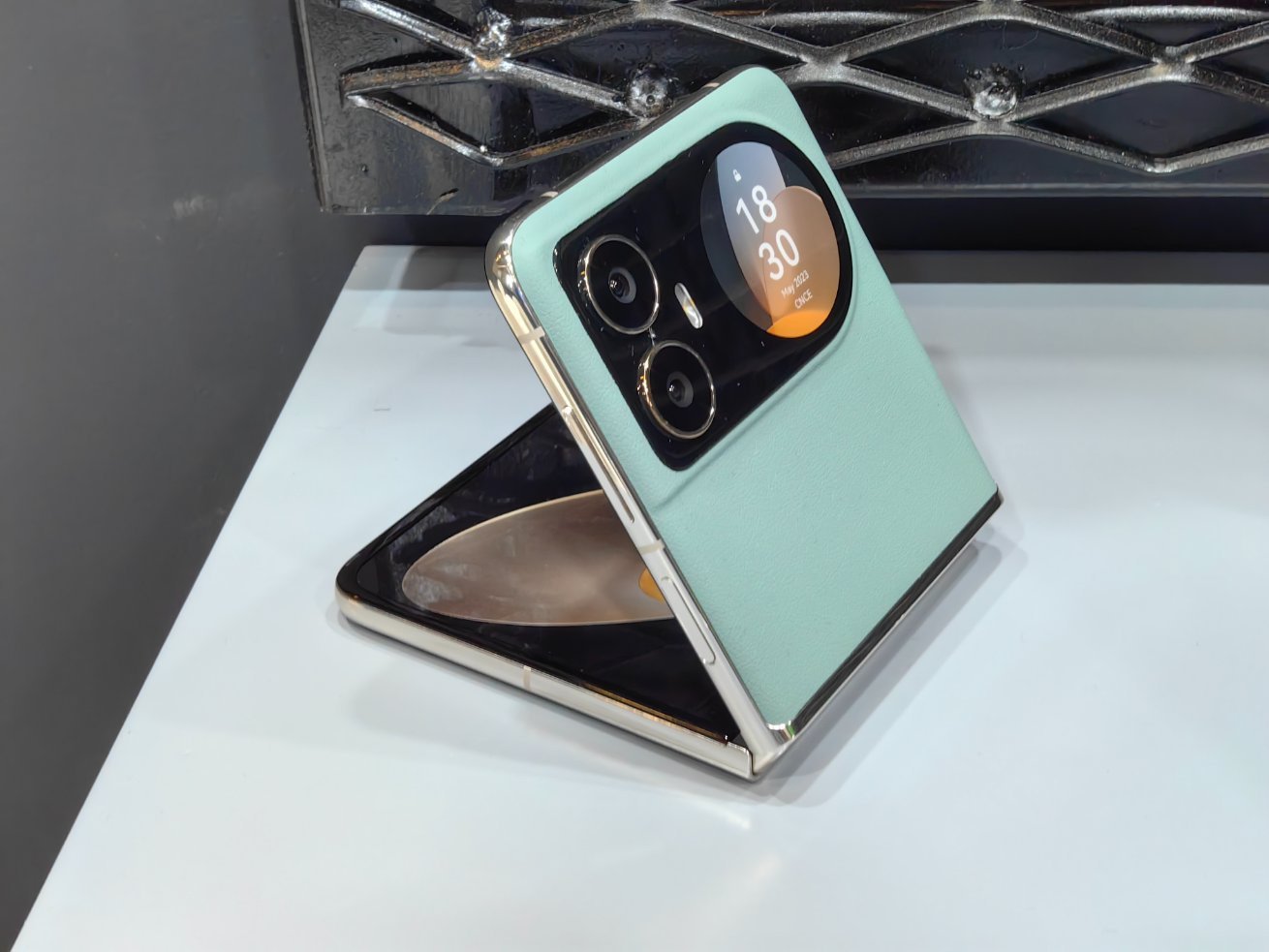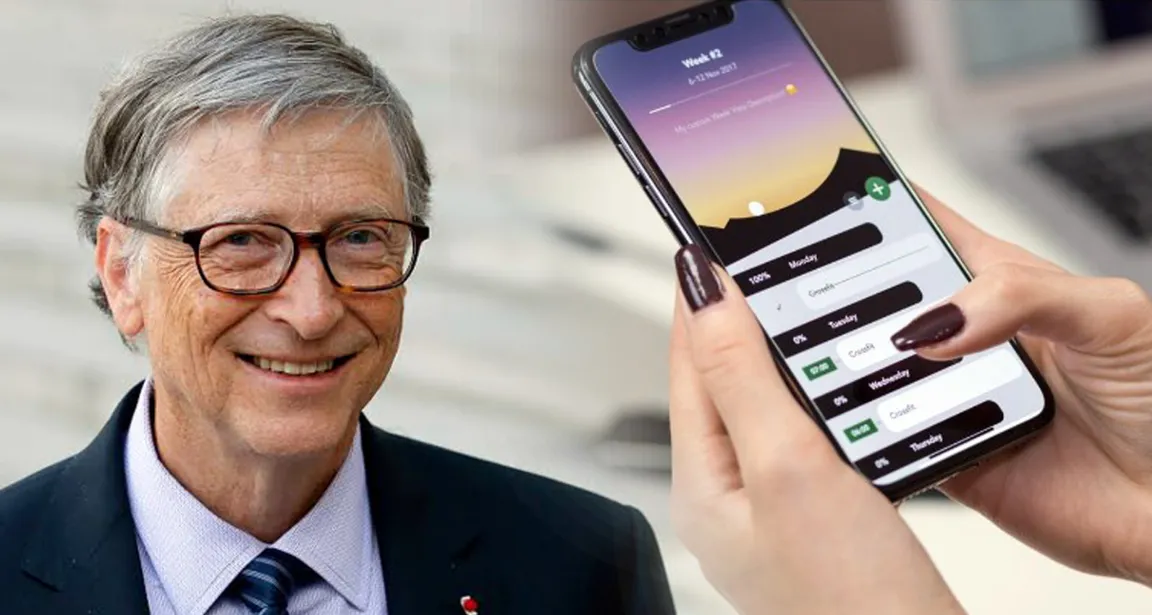Affordable foldable phones took the spotlight at the 2024 Mobile World Congress (MWC). Brands like Nubia, Blackview, Doogee, and Energizer showcased their offerings, such as the Nubia Flip 5G, Blackview Hero 10, Doogee Flip X, and Energizer Ultimate U660S, all priced under 500 euros.

These foldable phones have been on the market for around five years, boasting a unique design that folds in half. While earlier models cost around $1,000, brands like Motorola and TECNO have now made them available for less than $800.
Despite their attractive prices, there are important factors to consider before purchasing a cheap foldable phone. Although they offer affordability, they often compromise on certain features. They may lack high-quality processors found in more expensive models, instead opting for mid-range chips that may affect speed and efficiency.
The camera quality on these affordable foldables may not match up to their pricier counterparts. While they may have decent primary cameras, secondary cameras are often subpar, with some models even featuring redundant features like a 2MP macro lens.
Another area where cheap foldable phones may fall short is in water resistance. Unlike their expensive counterparts, they may not be able to withstand submersion in water, posing a risk if exposed to liquid.
Build quality is also a concern with these budget foldables. Some reviewers have noted that they feel flimsy or loose, potentially leading to durability issues over time. Battery life is yet another consideration, as these phones may come with smaller batteries that offer less longevity compared to more expensive models.
They may lack the durability features found in pricier options, such as ultra-thin glass or sturdy hinges, increasing the risk of damage with regular use. On the software front, brands offering cheap foldable phones may not provide regular updates or unique features tailored for their devices. This means users may miss out on the latest software enhancements and optimizations available from more established brands.

